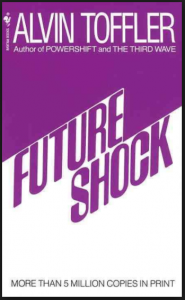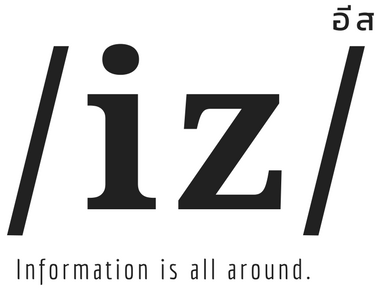If you have read background chapters of some research on information studies or introduction parts of many academic articles in the field of study for longer than 10 years, you have to totally notice the term ‘information overload’ always appearing on the publication.

This term was firstly coined in 1964 by Professor Bertram Gross from the Hunter College’s Faculty of Political Science, New York. It then became a popular word when Alvin Toffler, one of most famous futurists in the world, mentioned it in his best-selling book ‘Future Shock’ in 1970.

For almost 50 years until now ‘information overload’ has been believed to be a main problem that needs to be solved by information studies researchers to manage information in any types of organizations more effectively and more efficiently. What if you know the recent results from Pew Research Center in 2016 (Harrigan, 2016), maybe it is a good time for you to stop using the term ‘information overload’ when writing your research proposal next time.
“People nowadays are not drowning in information springs, but many of them are thirsty for useful information products that can help manage information more productively.”
According to this Pew survey conducted in USA from 7th March to 4th April 2016, there were only 20% of 1,520 American adults who thought that they had been struggling to deal with a big pile of streamed contents both online and offline in everyday life. The recent findings are drastically opposite to the 2006 survey results. Ten years ago there were a large number of respondents (27%) who feel worried about information overload. Such information anxiety like this is not widespread anymore in the present time.

One reason to explain the current phenomenon is that many gadgets or tools have been produced continuously by information industry to enable us to organize varieties of information with ease and help us make better decisions with enough empirical evidence. However, there are two groups of information users who reply that they still suffer from information overload. They consist of the elderly and the low-income people.
Based on the Pew survey results, the latest trend for research on information studies is going to shift from the quantity to the quality of contents the users consume on daily basis. Also future areas may heavily focus on an investigation of the borderline between the rich and the poor of information gadgets and apps.
Further readings
- Horrigan, J. B. (2016, December 7). Information Overload. Retrieved March 1, 2018, from http://www.pewinternet.org/2016/12/07/information-overload/
- Spira, J. B. (2011). Overload!: How Too Much Information is Hazardous to Your Organization (1 edition). Hoboken, NJ: Wiley.

